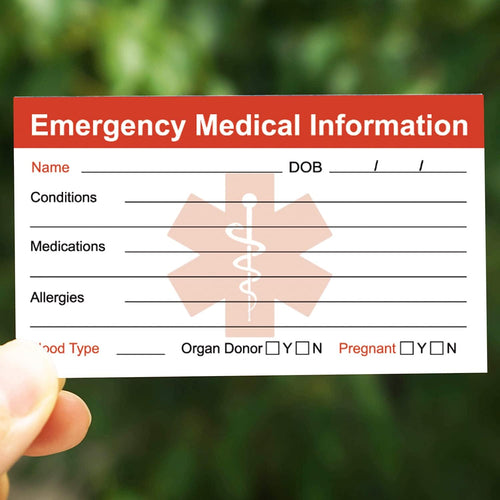Cold Weather concerns for diabetics
What to know
Cold weather can have significant adverse effects on individuals with diabetes. The combination of low temperatures and diabetes presents unique challenges that can impact overall health and blood sugar control.
One major concern is the potential for hypoglycemia, or low blood sugar levels. Cold weather can lead to vasoconstriction, which reduces blood flow to extremities. This can make it more difficult to sense early signs of hypoglycemia, such as shakiness or numbness in the hands and feet. Additionally, insulin absorption may be altered in colder temperatures, potentially leading to unexpected drops in blood sugar levels.
This is where we can plug that wearing your❄️ My Medi Friend Medical Id Bracelet!❄️ can help in a time a need, to let medical professionals know that you are diabetic so they treat you properly the first time!
Furthermore, cold weather can exacerbate circulation issues often associated with diabetes. Reduced blood flow can lead to slower wound healing, making it more challenging for individuals with diabetes to recover from injuries or ulcers. This can increase the risk of infections and other complications.
Cold weather also tends to promote a more sedentary lifestyle, as individuals may be less inclined to engage in outdoor physical activities. This lack of exercise can contribute to weight gain or hinder efforts to maintain a healthy weight, which is crucial for managing diabetes.

What to do about it?
It's important for individuals with diabetes to take precautions during colder months. This includes wearing warm clothing, especially on extremities, to maintain proper circulation. Regular blood sugar monitoring and adjusting medication or insulin dosages as needed is crucial. Staying active through indoor exercises or activities is also beneficial.
❄️You can also be sure to wear your My Medi Friend Bracelet in case an emergency does come up! ❄️
In summary, cold weather poses specific risks to individuals with diabetes, including increased potential for hypoglycemia, circulation issues, and reduced physical activity. Taking proactive steps to manage blood sugar levels and stay warm is essential during periods of low temperatures. Consulting with a healthcare provider for personalized advice on diabetes management in cold weather is recommended.
Stay warm this winter!
- Your Medi Friend




